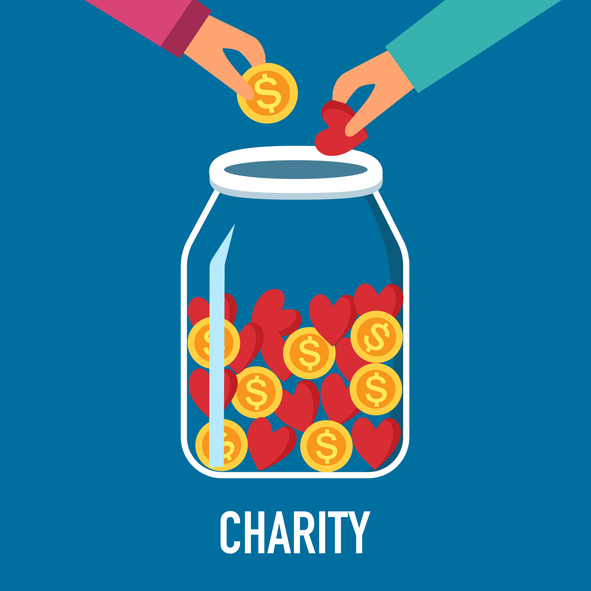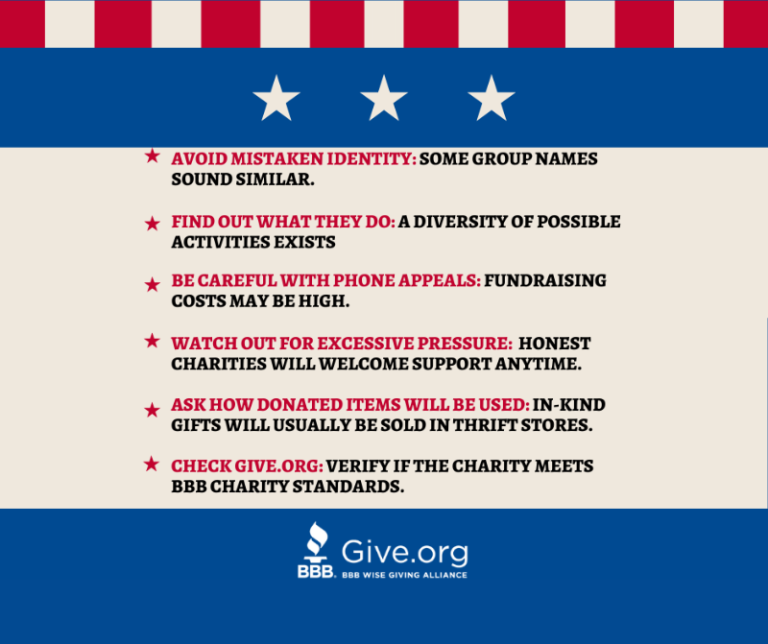Wise Giving Wednesday: Matching Gifts Should Match

If a child, who already has a bicycle, asks his/her parents for a new flashy model, they might prompt the child to help make that happen: “If you save enough for a third of the cost of the new bike, we’ll take care of the rest.” This simple story is the essence of the matching gift appeal concept in philanthropy. There is a promise made of a future gift, if the charity is able to raise a designated amount.
In accounting terms, this is called a conditional gift − a future contribution that is dependent on the gifts of others. As stated in the AICPA Audit & Accounting Guide for Not-for-Profit Entities (2016 edition, paragraph 6.53), “Conditional transfers are not contributions yet; they may become contributions upon the occurrence of one or more future and uncertain events.”
Most of us have seen various types of matching gift appeals. For example, a public television station airs a fundraiser that announces that a generous viewer has pledged to match all contributions made during the next fifteen minutes or a direct mail appeal declares that a wealthy donor has pledged to make a $100,000 gift if the charity is able to raise at least an equivalent amount in the campaign. In both cases, there is some uncertainty. For the public station, their total gift tally during a certain time period is difficult to predict and a charity does not have a guarantee that it will be able to raise a certain amount for any direct mail campaign.
On occasion, the BBB Wise Giving Alliance has seen circumstances where a charity’s statements during a matching gift fundraiser, do not appear to meet the true definition of a conditional gift, as described above. As an example, a charity sends out an appeal that asks contributors to “match” a specified amount it raised from other donors. This is actually more of a “challenge grant.” The ability to use the original gift is not contingent on raising more money, rather, the original gift is seeking to inspire other givers to repeat the generosity. In such cases, charities need to be careful about what words it uses to describe the circumstance so as not to confuse or potentially mislead donors into believing their gift won’t be “doubled” unless they raise an equivalent amount.
So, the next time you see an appeal that claims it is part of a matching gift campaign, look at the appeal carefully and see if it is described as a true conditional gift. If you have any doubt, ask the charity to clarify. Misleading appeals will not meet Standard 15 of the BBB Standards for Charity Accountability.
As part of our Building Trust Video series, we are pleased to provide a video of Monica Woods, Vice President of Solar Cookers International (a BBB Accredited Charity), an organization that designs and distributes free zero-emission solar thermal cookers worldwide. These cookers help reduce air pollution and serve as an alternative for people who live in extreme poverty.
We are always working with charities to publish or update reports for donors. Visit Give.org or local BBBs to check out any charity before giving. Our recently evaluated charities include:
Finally, remember to let us know by going to https://www.give.org/ask-us-about-a-charity1/ if you are interested in seeing a report on a charity not on the list and we will do our best to produce one.
H. Art Taylor, President & CEO
BBB Wise Giving Alliance


